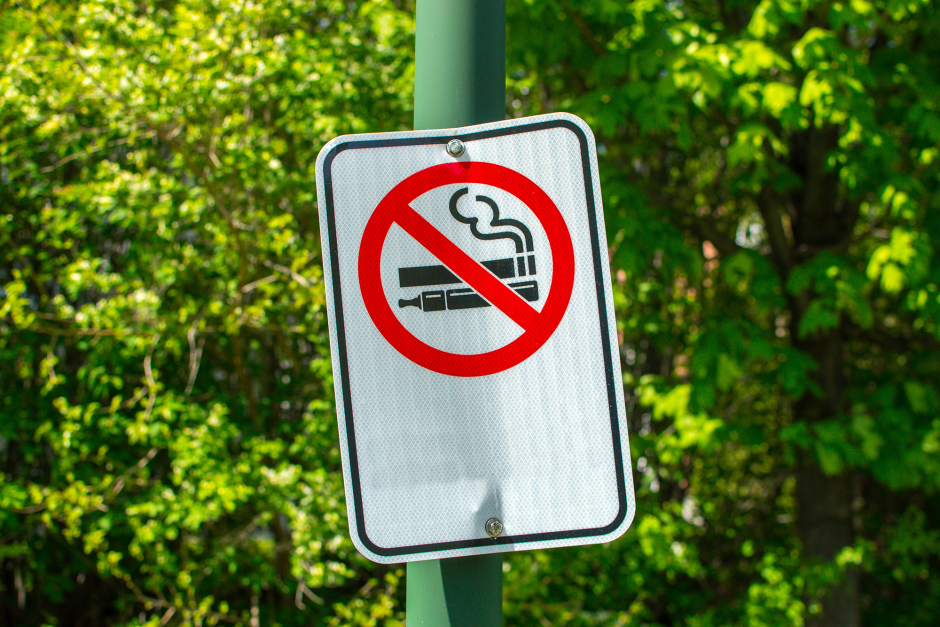
Feb. 20, 2025
Contact: Brian Consiglio, consigliob@missouri.edu
In recent years, vaping has become popular as an alternative to traditional cigarettes. Flavored electronic cigarettes — known as e-cigarettes — have become so popular among young adults that some states have implemented restrictions such as flavor bans and taxes on e-cigarettes in an effort to reduce teen vaping.
A new study from researchers at the University of Missouri and the Yale School of Public Health found that state restrictions on flavored e-cigarettes led to a decrease in vaping among young adults in the United States. However, those restrictions also led to an increase in traditional cigarette smoking among young adults compared to states without such restrictions.
The findings show that well-intentioned public health policies can have unintended effects — a topic of interest for Mizzou’s Michael Pesko, a professor of economics in the College of Arts and Science.
“We should always be cognizant that any policy will have unintended effects, especially in the public health space. In this case, our study finds flavored e-cigarette restrictions have the unintended effect of sizably increasing cigarette use,” Pesko said. “This is not good from a public health perspective because cigarettes are far more dangerous products. It’s the equivalence of steering a ship away from a storm straight into a whirlpool.”
A reasonable and achievable policy goal is to reduce tobacco-related disease and death, Pesko said.
“One important component to achieving that is to enact policies that shift away from the most harmful tobacco products to less harmful alternatives,” he said. “E-cigarette flavor restrictions have the opposite effect of pushing many people towards more harmful tobacco.”
In the study, Pesko also found that in Maryland, a state with a policy that exempted menthol-flavored e-cigarettes from a ban on other flavors, both vaping and smoking rates decreased, showing that a more nuanced approach to regulation might be the best way to tackle public health issues.
The popularity of e-cigarettes began to rise around 2010. Pesko worked at the Centers for Disease Control and Prevention at the time, and the trend sparked his interest in his current research.
Just getting started
A MizzouForward hire in August 2023, Pesko came to Mizzou because of the university’s nationally recognized economics department and its investments in research infrastructure, support staff and resources. He was previously a professor at Weill Cornell Medical College and Georgia State University.
Specifically, he cited Hellbender, Mizzou’s collection of high-powered supercomputers that allows researchers to process huge amounts of data at record speeds, and Mizzou’s Sponsored Programs Administration, which helps researchers secure and manage grants with external funding.
“My research is at the intersection of law, health policy and economics,” Pesko said. “By getting a better understanding of how laws and regulations influence society and impact the economy, we can ultimately improve public health and well-being.”
“Flavored e-cigarette sales restrictions and young adult tobacco use” was published in JAMA Health Forum. The study was funded by the National Institutes of Health, the U.S. Food & Drug Administration Center for Tobacco Products and the National Institute on Drug Abuse.



